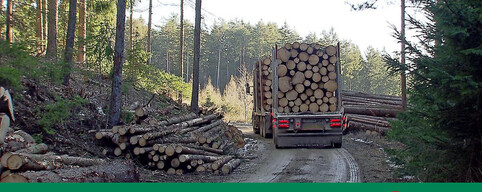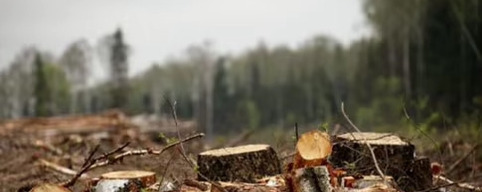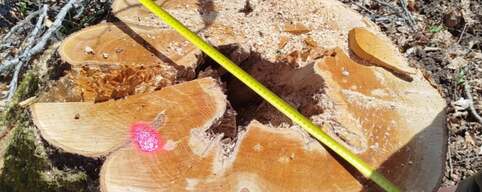

Turkey is one of the few countries in the world that has managed to increase its forest area. While efforts to expand forest cover stand out as part of environmental protection policies, this positive development is accompanied by some negative aspects. Despite increasing forest areas, Turkey is allocating significant amounts of forest land for mining, energy and transportation projects. These changes can have significant impacts on the natural environment.
In the last 10 years, 410,000 hectares of forest land in Turkey has been opened for non-forestry use. Much of this allocation goes to mining and energy projects, posing critical threats to environmental balance and biodiversity. Forests provide important habitats for a diversity of plants and animals. They also act as a buffer against climate change. Loss of forests can lead to an increase in greenhouse gas emissions, accelerating global warming.
Much of the allocated land leads to the destruction of natural habitats, putting species at risk of extinction. This can destabilize ecosystems and take many years to restore. These changes can also have social and economic impacts on local communities, so it is important to find sustainable solutions.
Turkey clearly needs to develop more sustainable policies. Stronger ecological assessments and planning should be undertaken at local and national level. With a long-term perspective, environmental sustainability should be considered in energy and transportation projects and alternative routes should be explored.
In this context, it is important to involve civil society organizations, local communities and other stakeholders. By considering environmental impacts in the planning and implementation of new projects, development goals can be achieved and nature can be protected.
Minimizing environmental impacts is one of the most important steps to be taken to protect existing forest cover. Protecting Turkey's nature and achieving sustainable development goals will contribute to the improvement of not only the environment but also the general welfare of the society.
TEMA Foundation Chairman Deniz Ataç: “It is obvious that the climate crisis is disrupting the water cycle. This is exacerbated by heat waves and drought.
As Deniz Ataç points out, the pressure on natural resources is not limited to forest areas. Climate change is causing serious environmental imbalances around the world. In this context, the effects of global climate events, such as melting glaciers, can be devastating.
Glaciers are among the natural structures that stabilize the climate by reflecting the sun's rays into space, and 70% of the world's freshwater is stored in glaciers. This makes them critical to climate balance and water security. Mountain glaciers are crucial for agriculture and drinking water supplies. Their melting could lead to a global reduction in water resources, jeopardizing agricultural production and thus food security.
A global forest conservation strategy needs to be developed. This will ensure the conservation and sustainable use of forests, as well as the preservation of the world's natural balance. Therefore, conscious policies should be developed worldwide and comprehensive solutions to combat climate change should be implemented.



